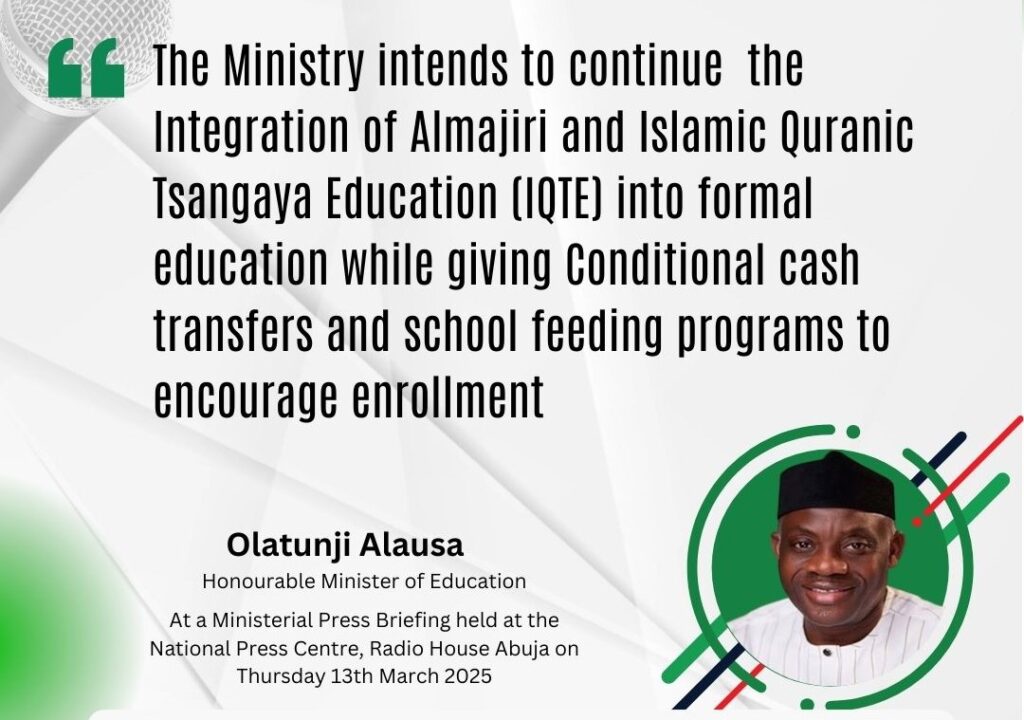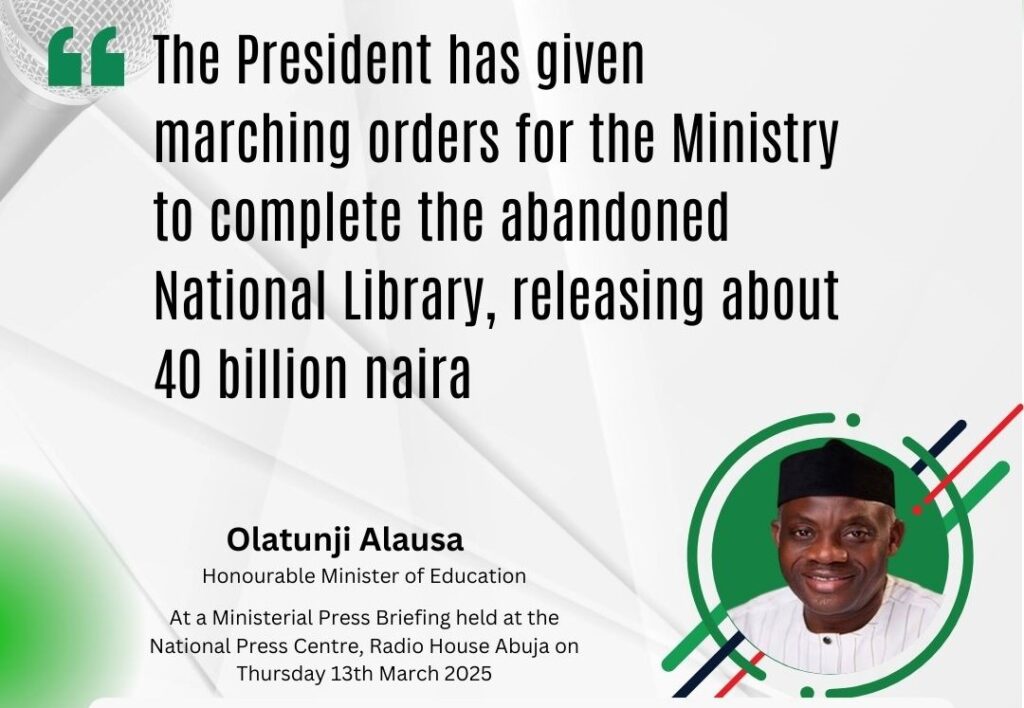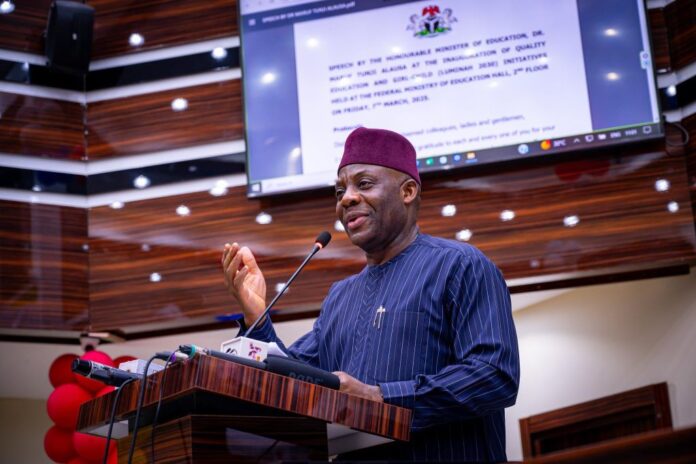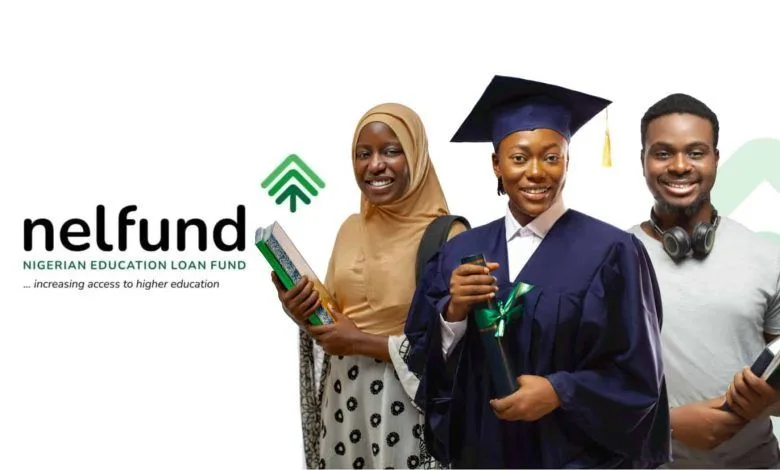The Nigerian government has rejected proposals for nearly 200 new universities. Education Minister Tunji Alausa says resources should go into improving existing schools.
Speaking at a press briefing in Abuja, Alausa warned that approving too many universities would weaken the system.
“They are passing a lot of bills,” he said. “Today, we have almost 200 proposals in the National Assembly. We can’t continue like this. Our focus should be on strengthening our existing institutions.“
Focus on Quality, Not Quantity
Nigeria has 278 universities—64 federal, 67 state, and 147 private. Despite this, Alausa says many struggle to accommodate students.
“Even with so many universities, the capacity to admit students is low,” he said. “We need to develop infrastructure, build engineering workshops, set up laboratories, and recruit top-quality lecturers.“
The government recently placed a one-year freeze on new private universities. This, Alausa explained, is to ensure only financially and academically sound institutions get licensed.
The minister also noted that private universities only account for 7.5% of total undergraduate enrollment. “Some universities have less than 1,000 students,” he added. “Yet, there’s pressure to create more. We must stop this trend.”
Lawmakers, Government Approving New Schools
Despite its position, the government has recently approved new federal universities. President Tinubu has signed off on multiple institutions, including:
- Federal University of Agriculture and Development Studies, Osun
- Federal University of Technology and Environmental Sciences, Ekiti
- Federal University of Environment and Technology, Rivers
- Federal University of Applied Sciences, Kaduna
In addition, 11 new private universities have been approved, including ones in Ogun, Kwara, Edo, and Lagos states.
Education Reforms and Almajiri Schools
The government is also focusing on vocational training and education for Almajiri children. According to Alausa, grants will be given to Quranic teachers to incorporate literacy, numeracy, and technical skills into their teachings.

“We are linking financial support to schools that allow vocational training,” he said. “This includes plumbing, electrical work, and vulcanizing.“
Alausa added that over 90% of Almajiri children come from rural areas where families struggle financially. “Parents send them to cities to learn the Quran. We are tackling this by offering conditional cash transfers to mothers, linked to their children’s school attendance.“
Tinubu Approves ₦40 Billion for National Library
President Tinubu has approved ₦40 billion to complete the National Library project. The minister said the facility will enhance academic research and learning.

Meanwhile, the government is launching a free six-month digital training program to fill job vacancies in IT, cybersecurity, AI, and cloud computing.
“We will pay for students’ internet, Cisco, and Google certifications,” Alausa said. “This will give Nigerians the skills to compete globally.“
The program is set to begin by June 2025.
Like 👍, Comment, share this article, and Follow us on our social media handles.
Feel free to download and share our Daily Newsletter for Wednesday, March 12, 2025. 👇







